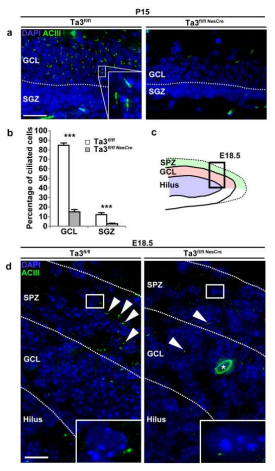2022-05-09 ジョージア工科大学
ブラウンが提案したことは、「記憶研究へのアプローチ方法を変える可能性がある」という。ブラウンは、磁気共鳴画像法(MRI)や脳波計(EEG)といった従来の脳イメージングツールと機械学習をユニークな方法で組み合わせたいと考えている。
<関連情報>
- https://research.gatech.edu/thackery-brown-probes-black-box-problems-cognitive-neuroscience
- https://pubmed.ncbi.nlm.nih.gov/35389701/
エピソード記憶の統合が空間ナビゲーションにおける価値ベースの意思決定を形成する Episodic memory integration shapes value-based decision-making in spatial navigation
Qiliang He, Jancy Ling Liu, Elizabeth H Beveridge, Lou Eschapasse, Vanesa Vargas , Thackery I Brown
Journal of Experimental Psychology: Learning, Memory, and Cognition Published:2022 Apr 7.
DOI: 10.1037/xlm0001133
Abstract
Valued-based decision-making has been studied for decades in myriad topics such as consumer spending and gambling, but very rarely in spatial navigation despite the link between the two being highly relevant to survival. Furthermore, how people integrate episodic memories, and what factors are related to the extent of memory integration in value-based decision-making, remain largely unknown. In the current study, participants learned locations of various objects in a virtual environment and then decided whether to reach goal objects from familiar starting locations or unpredictable ones, with different penalties associated with each option. We developed computational models to test whether, when given an object to find, participants’ starting location decisions reflected their past performance specific to that goal (Target-specific model) or integrated memory from performance with all goals in the environment (Target-common model). Because participants’ wayfinding performance improved throughout the experiment, we were able to examine what factors related to the generalization of past experience. We found that most participants’ decisions were better fit by the Target-common model, and for the people whose decisions were better fit by the Target-common model this integrative tendency may be tied to their concurrently greater performance variability with individual targets. Moreover, greater success on our task was predicted by an interaction between the ability to estimate probabilities relevant to decision-making and self-report general task ability. Collectively, our results show how related navigational episodic memories can be reflected in decision-making, and uncover individual differences contributing to such processes. (PsycInfo Database Record (c) 2022 APA, all rights reserved).



